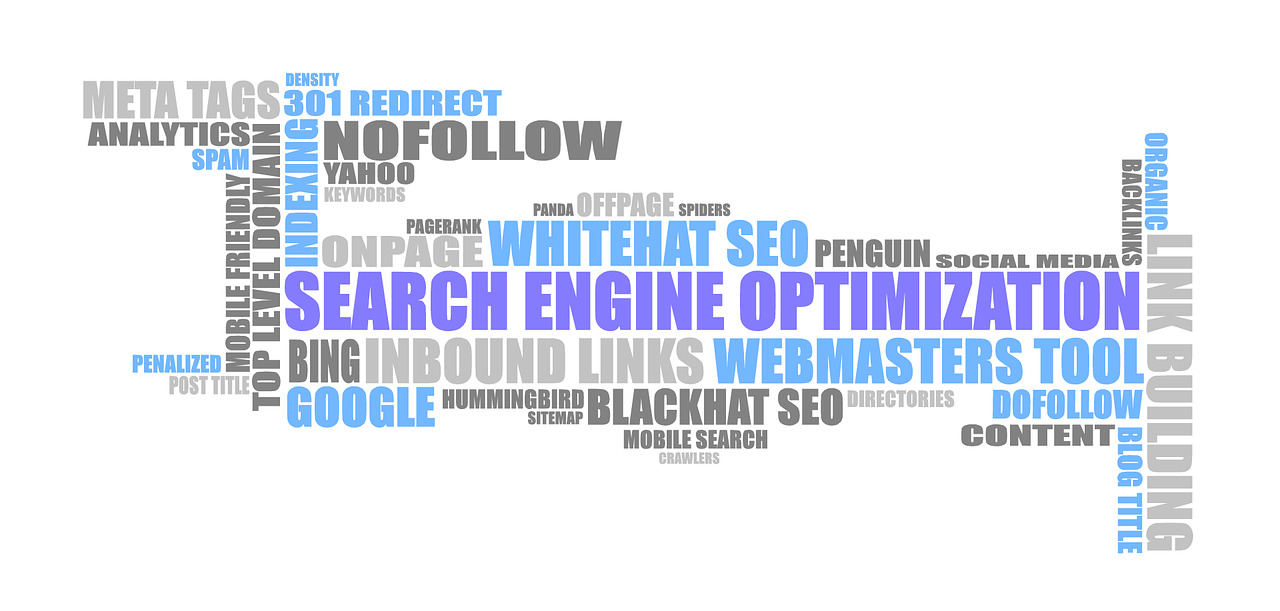Introduction
On-page optimization refers to the practice of optimizing individual web pages in order to improve their search engine rankings and drive organic traffic to a website. It involves various techniques and strategies that are implemented directly on the web page itself, such as keyword research, meta titles and descriptions, header tags, content optimization, internal linking, image optimization, page speed, mobile optimization, and the use of analytics tools. On-page optimization is crucial for search engine rankings as it helps search engines understand the content and relevance of a web page, making it more likely to appear in search results when users search for relevant keywords.
Keyword Research
Keyword research is a fundamental aspect of on-page optimization. It involves identifying the keywords and phrases that are most relevant to your website and target audience. By understanding the importance of keyword research, you can optimize your web pages with the right keywords, making it easier for search engines to understand the content and relevance of your pages.
To conduct keyword research for on-page optimization, start by brainstorming a list of potential keywords that are relevant to your website and target audience. Then, use keyword research tools such as Google Keyword Planner or SEMrush to analyze the search volume and competition for each keyword. Look for keywords that have a high search volume and low competition, as these are more likely to drive organic traffic to your website.
Meta Titles and Descriptions
Meta titles and descriptions are HTML elements that provide concise summaries of the content on a web page. Crafting compelling meta titles and descriptions is essential for on-page optimization as they play a crucial role in attracting users to click on your web page in search results.
When creating meta titles, make sure they accurately describe the content of your web page and include relevant keywords. Keep them concise, typically around 50-60 characters, to ensure they are fully displayed in search results. Similarly, craft compelling meta descriptions that provide a brief overview of the content and entice users to click on your web page. Include relevant keywords and keep them around 150-160 characters.
Header Tags
Header tags, also known as H1, H2, H3, etc., are HTML elements that define the headings and subheadings on a web page. They play a crucial role in on-page optimization as they help search engines understand the structure and hierarchy of the content on a web page.
To use header tags effectively, start with an H1 tag for the main heading of your web page. This should accurately describe the content and include relevant keywords. Use H2 tags for subheadings and H3 tags for further subheadings, if necessary. Make sure to use header tags in a logical and hierarchical manner to improve the readability and organization of your content.
Content Optimization
Content optimization is a key aspect of on-page optimization as it involves optimizing the actual content on a web page to make it more readable, engaging, and relevant to both users and search engines. High-quality content is crucial for on-page optimization as it helps search engines understand the relevance and value of your web pages.
To optimize your content, start by conducting thorough research on the topic you are writing about. Use relevant keywords throughout your content, but avoid keyword stuffing. Make sure your content is well-structured with clear headings and subheadings using header tags. Use bullet points, numbered lists, and images to break up the text and make it more visually appealing. Finally, ensure your content is unique, informative, and provides value to your target audience.
Internal Linking
Internal linking refers to the practice of linking to other pages within your website from a web page. It plays an important role in on-page optimization as it helps search engines understand the structure and hierarchy of your website, as well as the relevance of different pages.
To use internal linking effectively, identify relevant pages within your website that can be linked to from a particular web page. Use descriptive anchor text that accurately describes the content of the linked page. Make sure to include internal links naturally within your content, and avoid excessive linking or linking to irrelevant pages. Internal linking not only helps with on-page optimization but also improves the user experience by providing additional information and resources.
Image Optimization
Image optimization is an often overlooked aspect of on-page optimization, but it can have a significant impact on search engine rankings. Optimizing images involves reducing file sizes, adding alt text, and using descriptive file names to make them more search engine friendly.
To optimize images for improved search engine rankings, start by reducing the file size without compromising the quality of the image. This can be done using image compression tools or by saving images in the appropriate file format. Add alt text to your images, which is a brief description of the image that helps search engines understand its content. Finally, use descriptive file names for your images that include relevant keywords.
Page Speed
Page speed refers to how quickly a web page loads in a user’s browser. It is an important factor in on-page optimization as it affects both user experience and search engine rankings. Slow-loading web pages can lead to higher bounce rates and lower search engine rankings.
To improve page speed for better search engine rankings, start by optimizing your images as mentioned earlier. Minimize HTTP requests by reducing the number of elements on your web page, such as scripts and stylesheets. Enable browser caching to store certain elements of your web page in a user’s browser, reducing the load time for subsequent visits. Finally, use a content delivery network (CDN) to distribute your website’s content across multiple servers, improving load times for users in different geographic locations.
Mobile Optimization
Mobile optimization is becoming increasingly important in on-page optimization as more users access the internet through mobile devices. Optimizing your web pages for mobile devices ensures a seamless user experience and can improve search engine rankings.
To optimize for mobile devices, start by using responsive web design, which automatically adjusts the layout and content of your web pages based on the user’s device. Make sure your text is easily readable on smaller screens and that buttons and links are large enough to be easily tapped with a finger. Optimize your images for mobile devices by reducing file sizes and using appropriate file formats. Finally, test your web pages on different mobile devices and screen sizes to ensure they are fully optimized.
Analytics Tools
Analytics tools play a crucial role in measuring and tracking the success of your on-page optimization efforts. They provide valuable insights into how users interact with your website, which pages are performing well, and where improvements can be made.
To measure and track on-page optimization success, use analytics tools such as Google Analytics or SEMrush. Set up goals and conversion tracking to measure specific actions that users take on your website, such as form submissions or purchases. Analyze user behavior metrics such as bounce rate, time on page, and exit rate to identify areas for improvement. Use A/B testing to test different variations of your web pages and determine which ones perform better.
Conclusion
On-page optimization is a crucial aspect of search engine optimization (SEO) that involves optimizing individual web pages to improve their search engine rankings and drive organic traffic to a website. It encompasses various techniques and strategies such as keyword research, meta titles and descriptions, header tags, content optimization, internal linking, image optimization, page speed, mobile optimization, and the use of analytics tools. On-page optimization is important for search engine rankings as it helps search engines understand the content and relevance of a web page, making it more likely to appear in search results when users search for relevant keywords. By implementing these on-page optimization techniques effectively, you can improve your website’s visibility, attract more organic traffic, and ultimately achieve online success.








































0 Comments